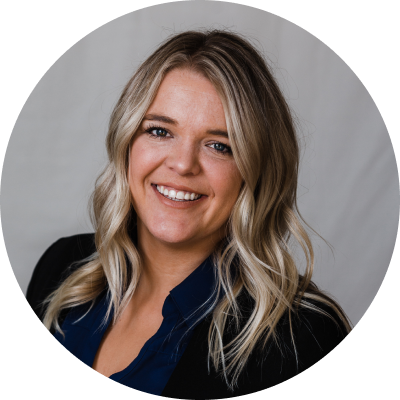Myth: I do not have enough money and property to worry about estate planning.
Nothing could be farther from the truth. As a farmer or rancher, you definitely have enough assets to worry about estate planning. Your land, equipment, and animals or crops are all considered assets you own and need to plan for.
Given the nature of your assets and the fact that you and your family may rely on them for income, they need protection. Doing nothing could force your family to sell the farm in the event of your incapacity or death to get cash to pay debts, expenses, or taxes or divide among your heirs (especially if there are family members who are entitled to inherit from you but do not want to own a farm or equipment). Alternatively, a family member who either has no experience in farming or has no desire to continue farming may end up becoming part of the farming operations after you die.
Question: What if I add my child (who also works on the farm) to the deed for the land and the title to the equipment? Will that automatically transfer the land and equipment to my child when I die, avoiding probate?
While some types of joint ownership cause the surviving owner to receive 100 percent of the ownership upon the passing of the other owner without court intervention, joint ownership can create more problems than it solves.
First, by adding your child to the deed for the land and the title to the equipment, you are now subjecting these assets to any current or future creditors or judgments that your child might have. Should your child divorce their spouse, a portion of those assets could be considered their property and be subject to division.
Second, your farm and ranch assets are most likely a significant part of your estate; do you want just one person to benefit from them? Do you have a spouse, who would be left without a legal right to the farm’s income if it were owned by your child? Do you have another child, who would effectively be disinherited because there would be nothing left to give them? While adding your child to the deed and title ensures that they can continue their livelihood, would it be at the expense of others whom you want to benefit?
Third, by adding your child to the deed during your lifetime, you are giving them a gift that could result in higher income tax if they need to sell all or a part of the land at some point. This consequence is possible because your tax basis (the dollar value of the land when you bought or inherited it), called carryover basis, will transfer to your child. Alternatively, if you transfer the property to your child upon your death, they will take the property with an adjusted basis that would be equal to the fair market value at the time of your death. This new basis is called “adjusted” because property generally appreciates in value, and your child would likely receive a step up in the farm’s basis. This adjustment matters because capital gains tax on the sale of a property is calculated based on the difference between the basis and the sale price (in other words, the capital gains). Chances are that the capital gains would be much larger with a carryover basis (resulting from a lifetime gift) than they would be with a stepped-up basis (resulting from a gift given at death), resulting in more tax liability at the time of sale.
Fourth, making a gift by adding your child to the deed while you are still living means that a gift tax return may be required if the value of the land exceeds the annual gift tax exclusion amount in the year the gift was made. Whether you will actually owe gift tax at that time will depend on the value of what you are giving, the aggregate amount of your lifetime gifts, and the estate tax exclusion amount. However, the Internal Revenue Service (IRS) will require a gift tax return to be filed if the gift’s value exceeds the annual gift tax exclusion amount, even if you owe no tax, so the IRS can keep track of your lifetime gifts.

